Kuberism: A truly democratic system
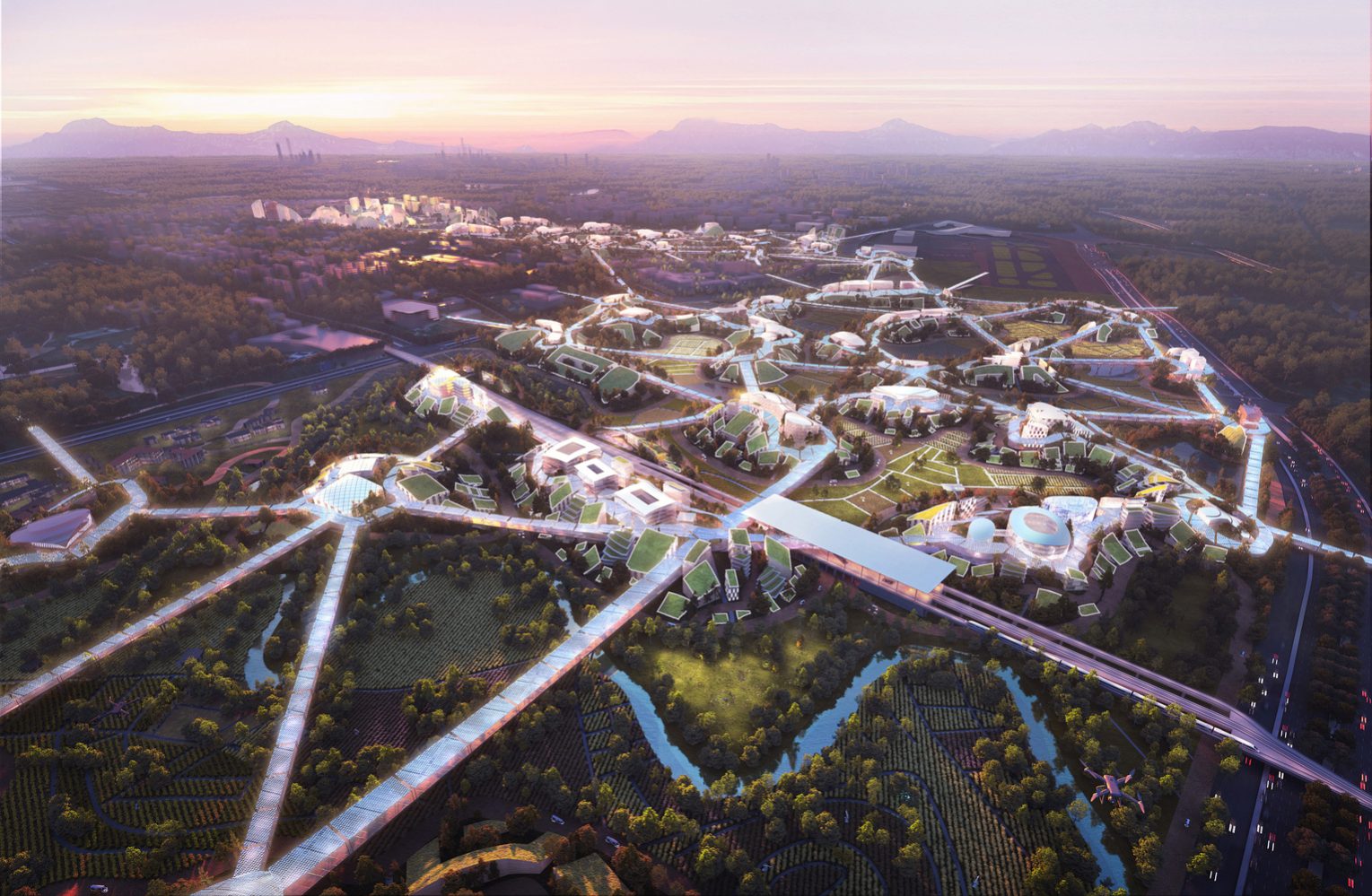
Politics have seem to become more and more polarized and divided. However, one thing that we have to agree on is that despite the fact that capitalism, liberalism & democracy have improved the life of most of humanity on earth, it is still not a perfect system. It has many flaws. Saying otherwise would at minimum be a lack of imagination and most likely an ignorance of what many humans, even in developed countries have to live through.
We could talk about the many details that one might want to change in the many different countries. But also restate the obvious of the many externalities or societies do not take into account. The concentration of power and lack of self determination.
What I want to focus on during this piece is more in the political and economical framework that make these “idiocies” possible and propose another one. Not radically different from what exists today and inspired by most of the successes of the current system.
Ideas developed here are based on philosophical foundation of freedom in life, freedom of association, radical democracy, high level of technology, growth and the self-determination and free flow of people.
1. Unaddressed Flaws in Our Societies
The current state of our societies is plagued by a number of unaddressed flaws, which call for an urgent reevaluation of our existing political systems. One key issue is the failure to consider the external effects of capitalism. This includes the negative consequences generated by certain industries and practices, such as pollution or public health concerns. To rectify this, we need to establish mechanisms that hold responsible parties accountable for their actions and the costs they impose on society.
For instance, cigarette manufacturers, and their consumers, through taxes on their products should contribute fully to covering the societal costs of their products. Their externalities: such as healthcare expenses related to smoking.
While some taxes on cigarettes currently exist, these funds are often diverted to other purposes. A more effective approach would be to allocate these taxes exclusively to the problems caused by the product, such as investing in anti-smoking campaigns or healthcare. The same principle could be applied to other industries, like those that emit small particles due to their manufacturing processes or transportation systems.
Additionally, we need to ensure that those who emit greenhouse gasses, like carbon dioxide and methane, are held responsible for the environmental costs they create. While some measures already exist, they are often insufficient and need to be strengthened.
One of the main challenges in addressing these externalities is the lack of adequate education and awareness. But mostly the lack of political structure to efficiently overcome them. We must prioritize informing the public about the consequences of their choices and implementing swift, evidence-based corrective measures. In this context, public opinion should not dictate policy; rather, decisions should be based on solid scientific evidence. For example, if an individual is opposed to genetically modified organisms (GMOs), they should either avoid them or present robust evidence against their safety, which can then be reviewed by an expert governmental body.
By allowing decisions to be made based on the best available evidence, we can foster a more dynamic and responsive political system. This will enable quick adjustments to policy as new information comes to light. For example, if a cigarette manufacturer initially sold their products with weak evidence of their safety, and later more compelling evidence emerged about the risks, the products are quickly subject to additional taxes immediately on their health effects.
In addition to addressing these issues, many democracies face further challenges in their political systems. In some cases, a single leader is elected and given substantial power, which can lead to a lack of accountability. Furthermore, the general public often lacks expertise on a wide range of subjects and may not be engaged in the political process. This can result in some individuals caring deeply about certain issues, while others remain indifferent.
One potential solution to these problems is to restructure states and public systems to function more like companies. This would involve fostering a more inclusive and collaborative decision-making process, allowing for greater public participation and ensuring that leaders are held accountable for their actions. Ultimately, addressing the flaws in our societies requires a comprehensive approach that encompasses both specific policy interventions and broader political reforms.
Now, let me dive deeper here:
2. the system
2.1. rethinking nations and states by evening out regional power sharing across scales
In many ways, states and public systems already function like companies, with a focus on efficiency, resource management, and goal-oriented strategies. However, there is room for improvement in how these entities operate and make decisions.
Under this proposed model, everything operates as a company, with current companies and local political subdivisions remaining intact. These local political subdivisions are organized into seven distinct groups, each with a designated rank:
- Commune/town (Rank 1)
- City / Communal group (Rank 2)
- Department / Electoral division (Rank 3)
- Lander/region / States (Rank 4)
- Countries (Rank 5)
- Blocks (Rank 6)
- World (planet) (Rank 7)
The political power of these groups is balanced more evenly than in current systems, with a focus on respecting and enhancing existing cultural and social boundaries. These subdivisions also function as moral entities, with specific legal frameworks governing their operations, similar to the corporate structures of companies.
Within this context, a few key principles guide decision-making:
Matters that concern a specific group of local people are voted on by those individuals alone. This ensures that external parties do not unduly influence local issues (e.g. conflicts between Israel and Gaza, or disputes involving the Kurds).
Each rank (Rank N) is given the autonomy to choose which higher-ranked group (Rank N+1) they belong to, with decisions primarily based on geographical proximity.
Laws and regulations are voted on and implemented according to the minimum rank required for their effective enforcement. This ensures that decisions are made at the most appropriate level, preventing unnecessary interference from higher-ranking groups.
By adopting this company-based approach to local political entities, we can create a more inclusive, efficient, and responsive decision-making process. This model empowers local communities to address their unique concerns while also fostering collaboration and cooperation across different ranks.
Ultimately, this reimagined system could help address the flaws in our societies and promote greater public engagement in the political process.
2.2. Institutional Transformation: Adapting Public Systems to Resemble Companies
To address the challenges in our political systems, we propose transforming all institutions into a new kind of legal entity that operates more like a company, we call it a “Mutual”. This restructuring aims to create a more inclusive and collaborative decision-making process that takes into account the diverse concerns of individuals and communities.
This new legal entity, similar to a SAS or LTD for companies, is governed by rules that define it as a moral entity. Actions within these entities are shared evenly among all people or moral entities that have chosen to be governed by them. These new entities represent specific subparts of the current state’s organisms, such as:
- Water management
- Road management
- Judicial power
- Forest management
- Social justice
- Ethics codes
- Economic rules
- And more…
Under this model, anyone or any moral entity can establish such an organization. Some of these entities are implemented at various ranks, from Rank 1 to Rank N. These new entities are voted into a rank N locality, and they can also be voted out if they fail to meet the expectations of those they “govern”. Although governing is not the right word for an entity whose goal is to define ethical codes or improve economic laws, we would want to say something like “integrate”.
In this system, the decision-making process of these entities resembles that of companies. The individuals or entities “integrated” by them act as “shareholders,” with each entity having a say in the decisions and directions taken.
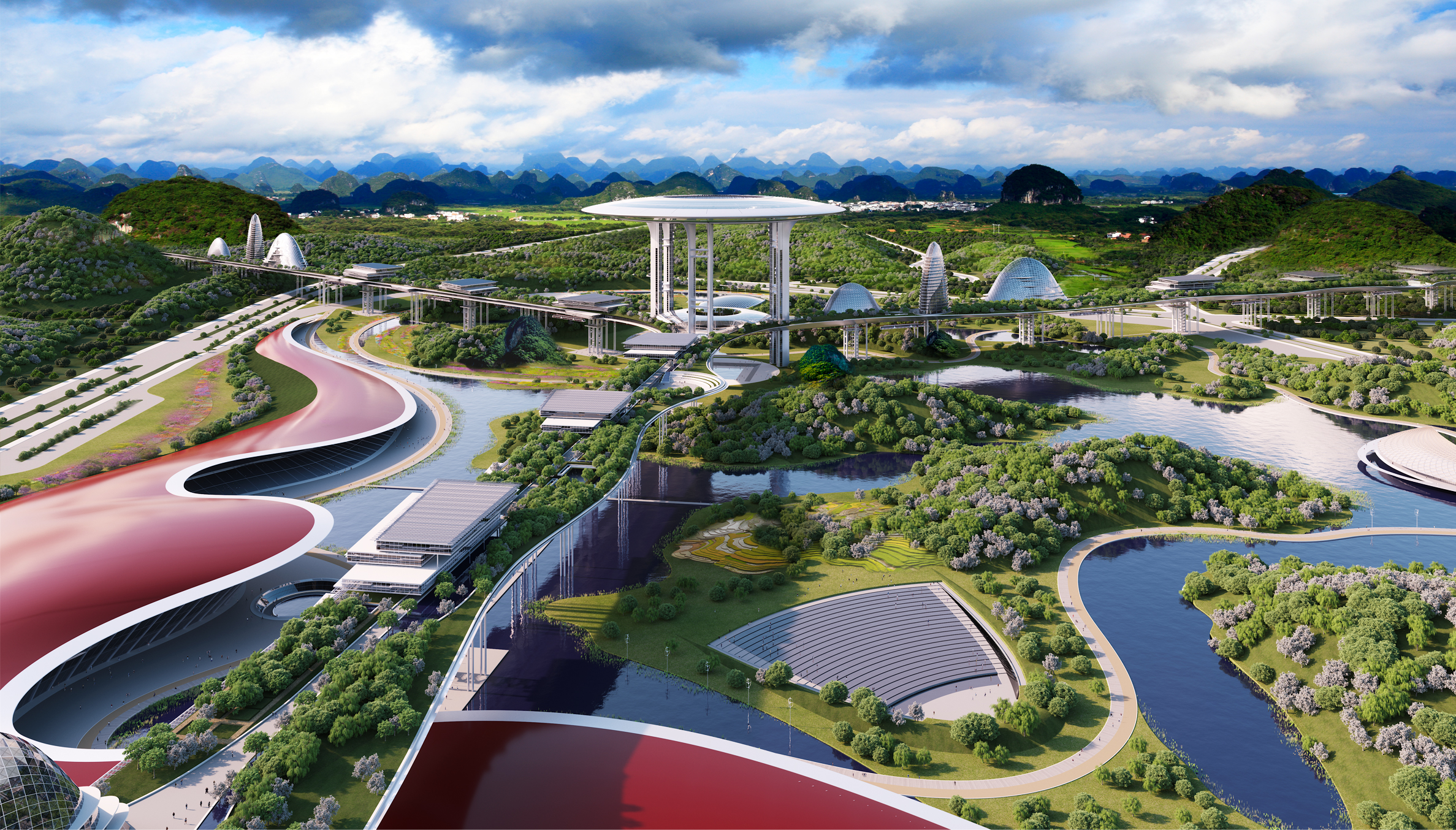
In this reimagined political system, technological methods play a crucial role in facilitating a more efficient and inclusive decision-making process. These technologies enable the potentially hundreds of daily votes submitted by individuals and entities to be managed effectively.
One such technological method could involve the development of a secure and user-friendly digital platform, where individuals and entities can easily submit their votes on various decisions. This platform would allow for real-time tracking of votes, providing transparency and enabling participants to stay informed about the ongoing decision-making process.
To ensure that the system remains accessible and secure, the platform could utilize blockchain technology for voting, which would guarantee the integrity of the voting process and protect against tampering or fraud. Moreover, this technology would enable a decentralized and transparent record of all votes, making it easier for participants to audit and verify the outcomes.
Artificial intelligence and machine learning could also be employed to analyze patterns and trends in the voting data, identifying the most pressing concerns and facilitating better decision-making. These technologies could help predict the potential impact of proposed policies, enabling participants to make more informed choices.
To further streamline the process, the platform could incorporate features such as personalized voting recommendations based on each participant’s preferences and voting history. This would ensure that individuals and entities can focus their voting credits on the issues that matter most to them while minimizing the burden of decision-making.
Under this proposed political system, the allocation of voting credits to entities (moral organizations and people) is designed to empower participants to have greater influence over the issues that matter most to them. Each individual or entity receives a specific number of voting credits per year, which can be strategically allocated to increase their voting power on particular decisions.
This flexible voting credit system encourages participants to prioritize their concerns and allocate their resources accordingly. For example, a person deeply passionate about environmental conservation might choose to use a significant portion of their credits on decisions related to forest management or carbon emission regulations. Alternatively, someone with a keen interest in social justice might distribute their credits more broadly across multiple decisions concerning income inequality, education, and healthcare.
Moreover while everyone is voting. Votes could have specific weights based on the profile of the voter. Large entities would have a bigger vote based on their impact in the society. People who have proven knowledge (like a diploma) on a specific topic would also have more weights on vote regarding that topic.
The model also allows for any participant to submit new decisions for voting, as long as they garner enough support. This feature fosters a more democratic and grassroots approach to policy-making, where participants can directly propose and advocate for issues they care about. For instance, a group of citizens concerned about the quality of local education might pool their voting credits and propose a new policy aimed at improving the school system in their community. If the proposal gains enough support, it can be put up for a vote, allowing the wider community to weigh in on the issue.
The voting credit system ensures that participants can effectively express their interests and concerns, leading to a more inclusive and representative decision-making process. By allowing individuals and entities to strategically allocate their voting credits, the proposed political system fosters greater engagement and ensures that diverse perspectives are taken into account in the decision-making process. This ultimately leads to more effective governance and a stronger connection between the “integrated” and the governing bodies.
All rules implemented under this system have a predefined lifespan, determined during the voting process and capped between 10- 50 years. This ensures that regulations remain relevant and adaptable as societies evolve.
By transforming public institutions into entities that resemble companies, we can foster a more dynamic, efficient, and responsive decision-making process. This approach allows for greater public participation and ensures that diverse concerns are taken into account, ultimately leading to more effective governance and improved political systems.

2.3. deciding the right entity based on neighbors
In this proposed political system, the flexibility and autonomy given to local entities create opportunities for a dynamic, experimental approach to governance. Local entities can observe and learn from the experiences of neighboring communities, treating them as a form of “clinical trial” for different institutional entities and laws.
This trial-based approach could work in several ways:
-
Observation and comparison: Local entities can monitor the performance of various institutional entities and laws implemented in neighboring communities. By comparing the outcomes and effectiveness of these implementations, local entities can make informed decisions on which institutional entities and laws would best serve their needs.
-
Collaboration and knowledge-sharing: Neighboring local entities can collaborate and share experiences on the implementation of different institutional entities and laws. This exchange of information can help communities identify best practices and adapt their approaches to better suit their specific circumstances.
-
Incremental implementation: Local entities can gradually adopt new institutional entities or laws based on the success of similar initiatives in neighboring communities. This step-by-step approach allows for a more cautious and measured adoption of new policies, reducing the risk of unintended consequences and ensuring that local communities can learn from one another.
-
Benchmarking and competition: The trial-based approach can create a healthy competition among institutional entities to provide the best possible services to local communities. Benchmarking success based on neighboring communities’ experiences can drive institutional entities to continuously improve their performance and adapt to the changing needs of the communities they serve.
The “clinical trial” approach to governance fosters a culture of experimentation and learning, enabling local entities to make better-informed decisions and adopt policies that have proven successful in similar contexts. By closely observing and learning from their neighbors, local entities can adapt and evolve their governance structures and policies, leading to more effective and responsive political systems.
The proposed political system also recognizes that not all institutional entities need to be implemented by neighboring local entities. Each local entity retains the autonomy to decide which institutional entities and laws are most relevant and suitable for its unique context and priorities. This flexibility allows communities to tailor their governance structures and policies to address their specific needs, without being constrained by the choices made by their neighbors.
2.4. Examples of Diverse Governance Approaches in the Proposed Political System
2.4.1. Example 1: Environmental Issues
In this scenario, global warming is brough the Rank 7 entity institutions vote via either rank6 entities or a set of people (e.g. researchers) and research entities they are a part of, emphasizing its global impact. Specific laws are then proposed and voted on. Since the issue affects all, the vote is carried out at the Rank 7 level, ensuring everyone’s voice is heard, both entities and citizen and will have to be implemented across all ranks, from Rank 1 to Rank 6. This approach ensures that all communities abide by the newly implemented environmental regulations, addressing a problem that impacts everyone collectively.
2.4.2. Example 2: Implementing Sharia Law
If a rank1 (or higher) community predominantly wants to implement Sharia law, the proposed system allows for its implementation at the chosen Rank N. However, any potential conflicts with laws from Rank N+1 would be resolved in favor of the higher-ranked laws. While the system permits the implementation of most ethical and social behaviors outlined in Sharia law, it also emphasizes the importance of respecting open borders. This requirement ensures that the system’s competition thrives and that individuals who disagree with the implementation of Sharia law can choose to leave the community, preserving their freedom and autonomy.
2.4.3. Example 3: Small Communalism
In a Rank 1 community, citizens may decide to implement a set of institutional entities that promote a communalism-like culture and economy. As long as open borders are maintained and the chosen lifestyle does not significantly impact neighboring communities, this approach is allowed within the proposed political system. This flexibility enables people who desire a different way of life to pursue their ideals freely and peacefully, without interference from their neighbors.
These examples illustrate the adaptability of the proposed political system, which fosters diverse governance approaches while ensuring the protection of individual freedoms and the consideration of broader concerns. By empowering local entities to make informed decisions that reflect their unique contexts and priorities, this system promotes more effective and responsive governance across various communities.
2.5. similarity to today’s systems:
In some aspects, the proposed political system shares similarities with existing structures found in today’s global political landscape. For instance, Rank 7 can be likened to the United Nations (UN), as both operate at the global level and address issues that concern all nations. However, in this new system, Rank 7 would possess more power and authority compared to the current UN, ensuring that globally agreed-upon policies are effectively implemented across all member nations.
Additionally, the proposed system bears resemblance to the relationship between states in the United States and the federal government. In both cases, there is a balance of power between the central authority and regional entities. However, the key difference lies in the distribution of power within the new system. Instead of a centralized authority, the proposed political system features a clear division of power across various institutions, allowing for a more decentralized and responsive governance structure.
2.5.1. solving many things
The proposed political system offers several advantages over current frameworks by addressing some of their limitations and enhancing their strengths:
- Adaptability: The new system can evolve into various political structures, depending on the preferences and needs of the communities it serves. This flexibility ensures that the system remains relevant and responsive to changing circumstances.
- Scalability: The proposed model can be implemented at any scale, from small communities to entire nations, allowing for a consistent and coherent approach to governance across different levels of society.
- Data-driven decision-making: The system encourages the use of data, evidence, and research to inform policy decisions, ensuring that choices are based on the best available information and fostering more effective governance.
- Interconnected influence: Communities can influence one another through collaboration and competition in various areas, such as data exchange, media, information, culture, and economics. This interconnectedness promotes the sharing of best practices, driving innovation and improvement across the entire political landscape.
- Inclusive participation: The proposed system enables broader and more diverse participation in the decision-making process, empowering individuals and organizations to contribute their unique perspectives and ensuring that a wide range of interests are represented.
- Dynamic policy evolution: The system allows for continuous experimentation and learning, as communities can regularly update their policies based on new evidence or the experiences of other communities. This dynamic approach to policy-making ensures that governance remains adaptive and resilient in the face of emerging challenges.
By addressing these issues and building upon the strengths of existing political systems, the proposed model aims to create a more efficient, responsive, and representative political landscape that better serves the needs of diverse communities across the globe.
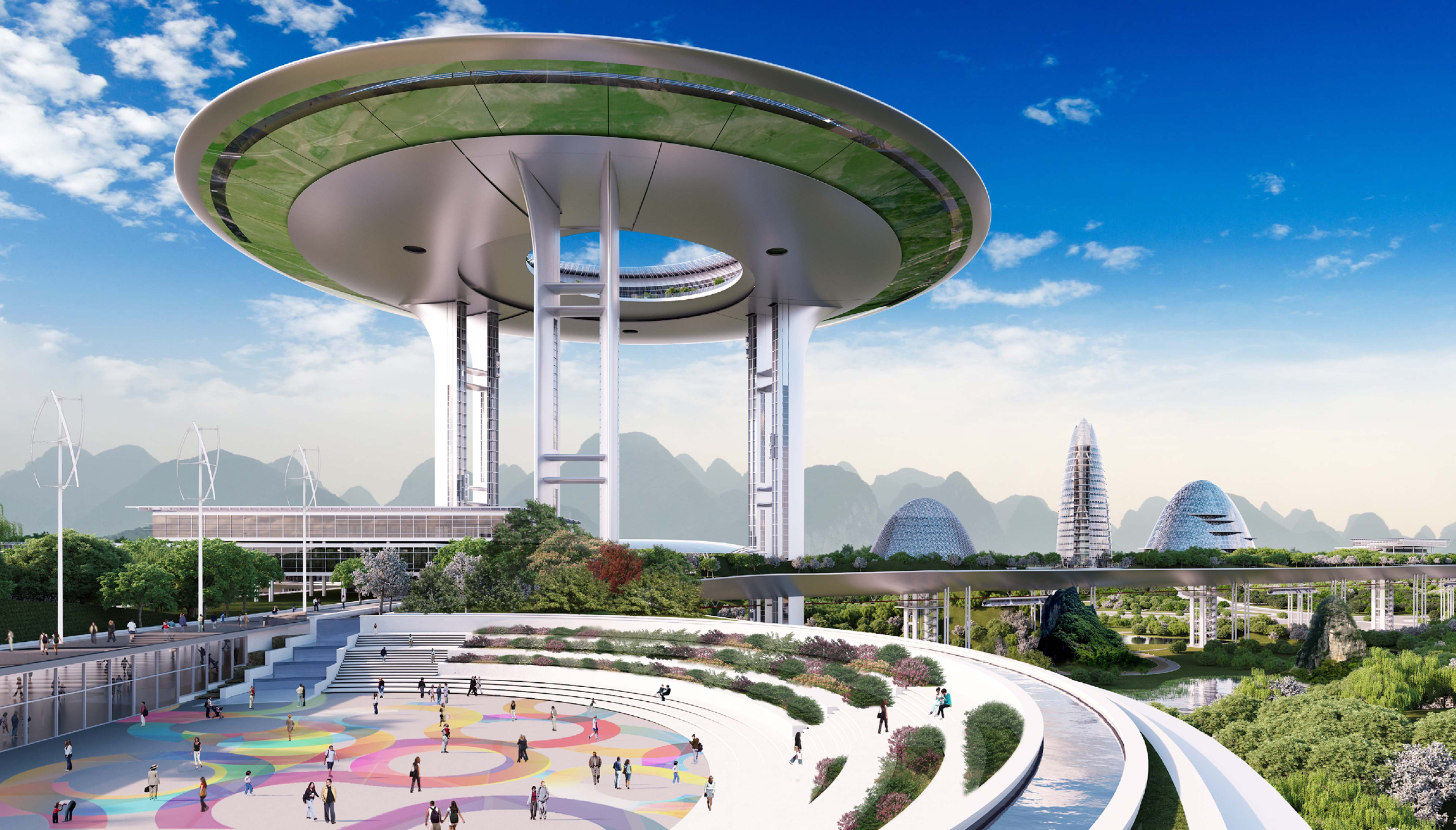
2.6. new means of failure
While the proposed political system presents several advantages and improvements over current frameworks, there are potential challenges and risks that could undermine its effectiveness:
-
Complexity: The decentralized nature of the system and the large number of institutional entities involved might lead to increased complexity, making it more difficult for citizens to navigate and participate effectively in the decision-making process.
-
Coordination issues: The decentralized nature of the system may result in coordination challenges between different institutional entities, potentially leading to inefficiencies or conflicts in policy implementation.
-
Fragmentation: The flexibility for local communities to adopt different policies and governance structures may contribute to social and political fragmentation, potentially hindering cooperation and consensus-building on broader issues.
-
Accountability concerns: With multiple institutional entities involved in the decision-making process, it could become difficult to hold specific organizations or individuals accountable for their actions, potentially leading to a lack of transparency and reduced trust in the system.
For these 4 issues, this is where we believe that technology will help in implementing this new, more complex system. We also believe that the current system suffers from worse: It is actually extremely complex too. has issues of accountability that are taken in account in this one. and is more fragmented at the state / earth level than the proposed one.
- Digital divide: The reliance on technology for voting and decision-making could exacerbate existing inequalities between those who have access to digital tools and those who do not, potentially excluding some segments of the population from meaningful participation.
It is true that we are expecting a digital native population with all the recent technology of the last few years.
- Risk of manipulation: The system’s openness to new proposals and reliance on data could make it vulnerable to manipulation by those with ulterior motives or access to misinformation, undermining the quality of decision-making.
But this is nothing new from the current system and we believe this is the tradeoff that all democracies have and that education, making citizens even more responsible and having multi scales of implementation will decrease many of these issues
Addressing these potential challenges would be crucial to ensuring the success and viability of the proposed political system, as well as its ability to deliver on its promises of improved efficiency, adaptability, and representation.
But now the true question is: when do we start and how do we start this?
3. How to Implement the Proposed Political System
We do not want to create a revolution. We want to create a new system that will be better than the current one. We want to create a system that will be able to adapt to the current one and that will be able to be implemented in the current one.
One way to do this is to create a political party with this clear stated goal. At this moment one would want to:
- Create this new juridical entity for these
- push decision power, tax collection and other powers to the lowest possible level of the state / country.
Written in partnership with OpenAI’s ChatGPT v4

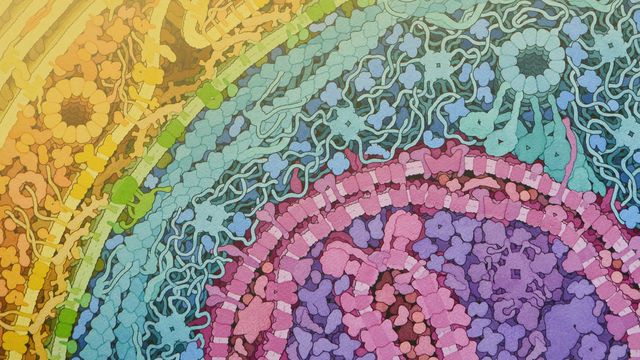
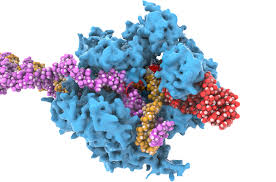
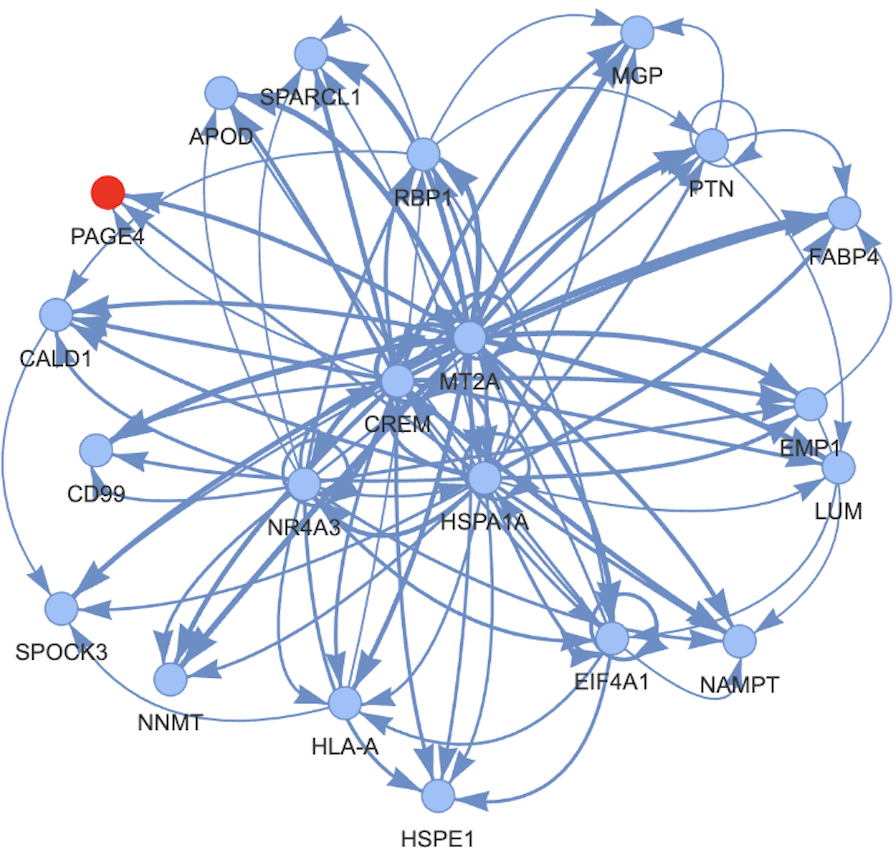
Leave a comment